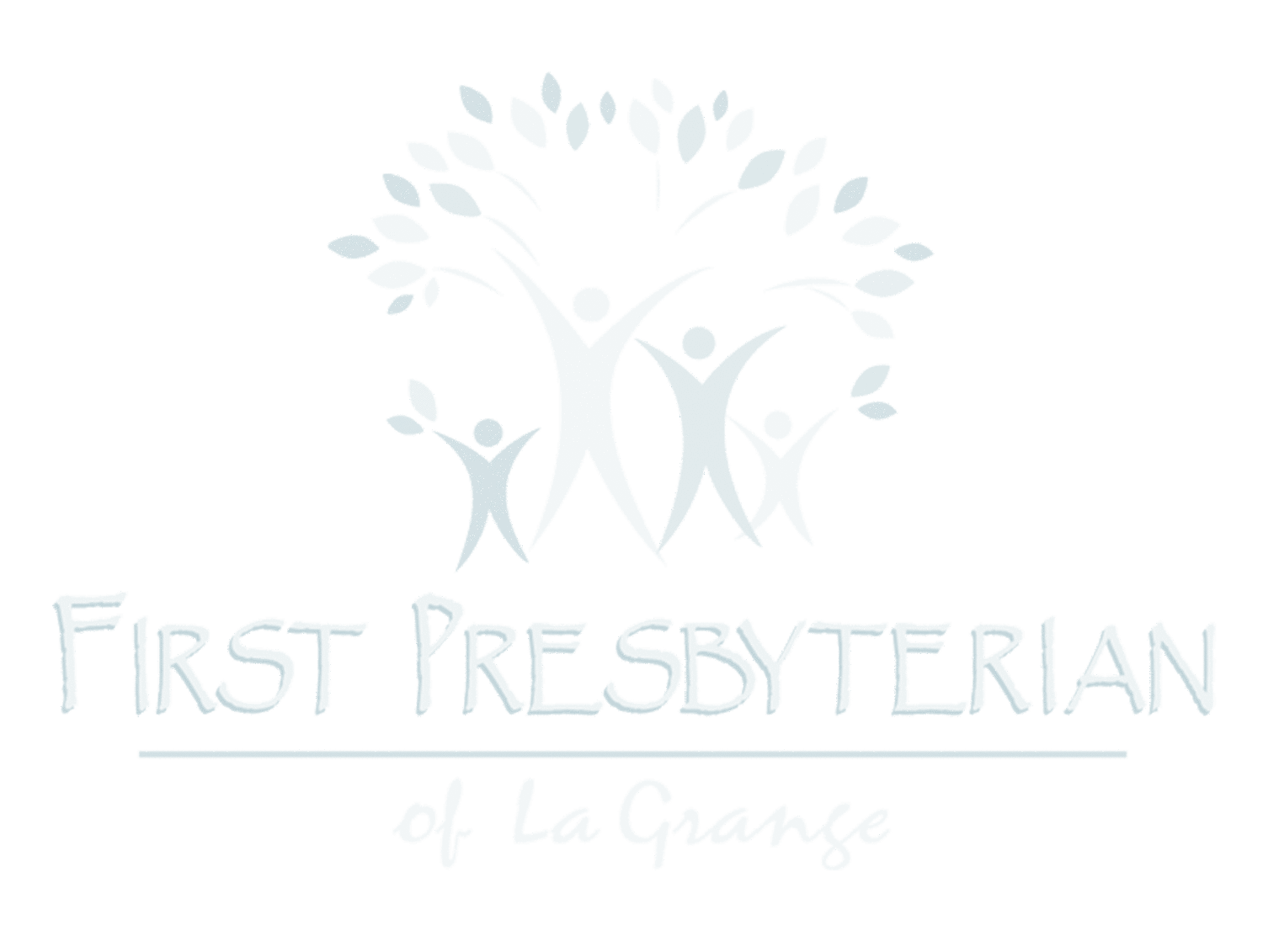Dear Fellow Word-wonderers:
I learned a new word this morning. I was reading an article on the myth of the declining relevance of a liberal arts education (of course, as a three-time alumnus of the University of Chicago, I had to agree) when the author, referring to concepts in and of themselves rather than within a cultural context, used the word deracinated. I don’t miss having to pull the dictionary off the shelf—now I can shade the suspect word and ctrl-c/ctrl-v the text right on my browser, and there it is. Deracinate, first used in 1599 from the Latin de (to remove completely) + radix (root), means to uproot or cut off from cultural or racial context. When I find such a useful new word (well, an old word, but new to me) I question the quality of my own liberal arts education.
Concepts like philosophy or theology are usually taught as deracinated ideals. Doctrine is expected to apply way beyond the cultural context in which that ideal was formed. Which reminded me of the missionary slides of my youth, where you could always pick the Christians out of the pictures. They were the ones in Western clothes, usually white shirts, gray slacks and black ties for the men, and slightly below-the-knee shift dresses for the women. It was as if the doctrine of sanctification could not be properly understood while wearing a loincloth, at least not by the missionaries who were in the field saving the souls of those half-dressed pagans. Our reaction was one of delight; clearly the confession of these new Christians was sincere—they not only agreed to be baptized, but they were also willing to wear polyester in the blistering heat of New Guinea.
When I find a new word, it suddenly becomes the most exciting tool in my word-chest. Like someone with a brand new chainsaw, I look for the next thing that needs cuttin’. So I’m musing over the deracination of Biblical concepts like kosher laws and misogyny when I consider questions of a transferable core. What ideals transcend context? What root concepts connect our understanding of the Christian faith to those in other times and places?
Of course, this question isn’t new. Three weeks ago, in the introduction to my sermon, I mentioned that one of the most important moments in Christian history is recorded in Acts chapter 15, where Paul successfully argues that circumcision is not a root doctrine of the faith. Evangelism suddenly became significantly easier in the Roman world. Likewise, throughout history, Christians have been debating which practices found in scripture can only be understood in ancient context and which can be deracinated into today’s faithful practice.
I think that’s why, as a child, I was always drawn to the missionaries who didn’t require oxford shirts for their converts. They were the ones who spent decades attempting to understand the culture and decipher the language of their community before they started preaching the Gospel. (Clearly, I was bound for a useless liberal arts degree long before I filled out college applications.) These missionaries first learned their people’s roots before they implanted Christian ideals; they imagined there was some essential seed of Christian faith that could take hold in the hearts of their listeners that would then flourish in faithful and indigenous ways.
I believe true evangelism begins with something significantly absent from the toolkit of most evangelicals: listening.
Dang, now I want to go out and buy a chainsaw.
Until next time, I remain distracted by new words and tools, with love,
Jonathan B. Krogh,
Your Pastor

